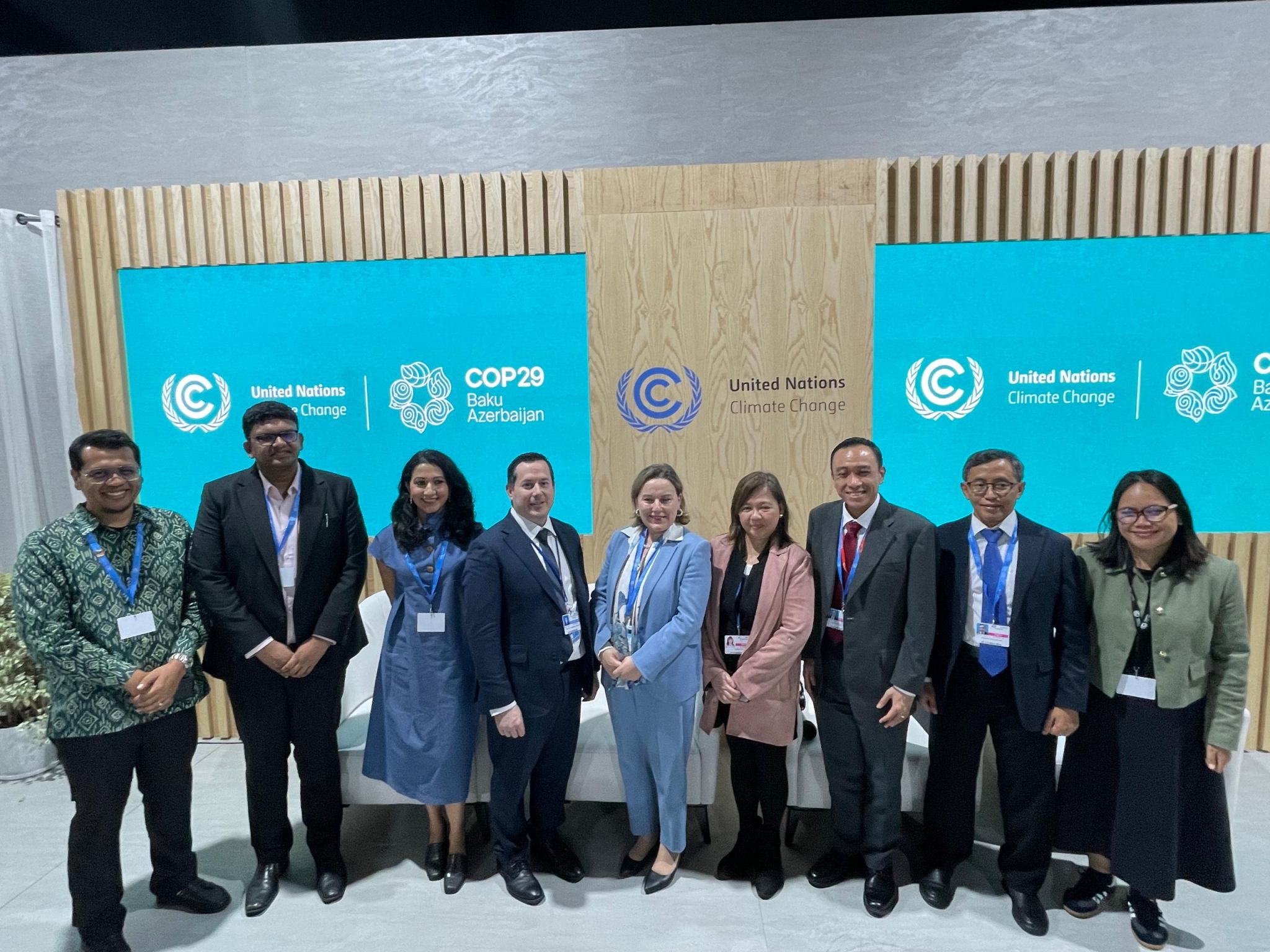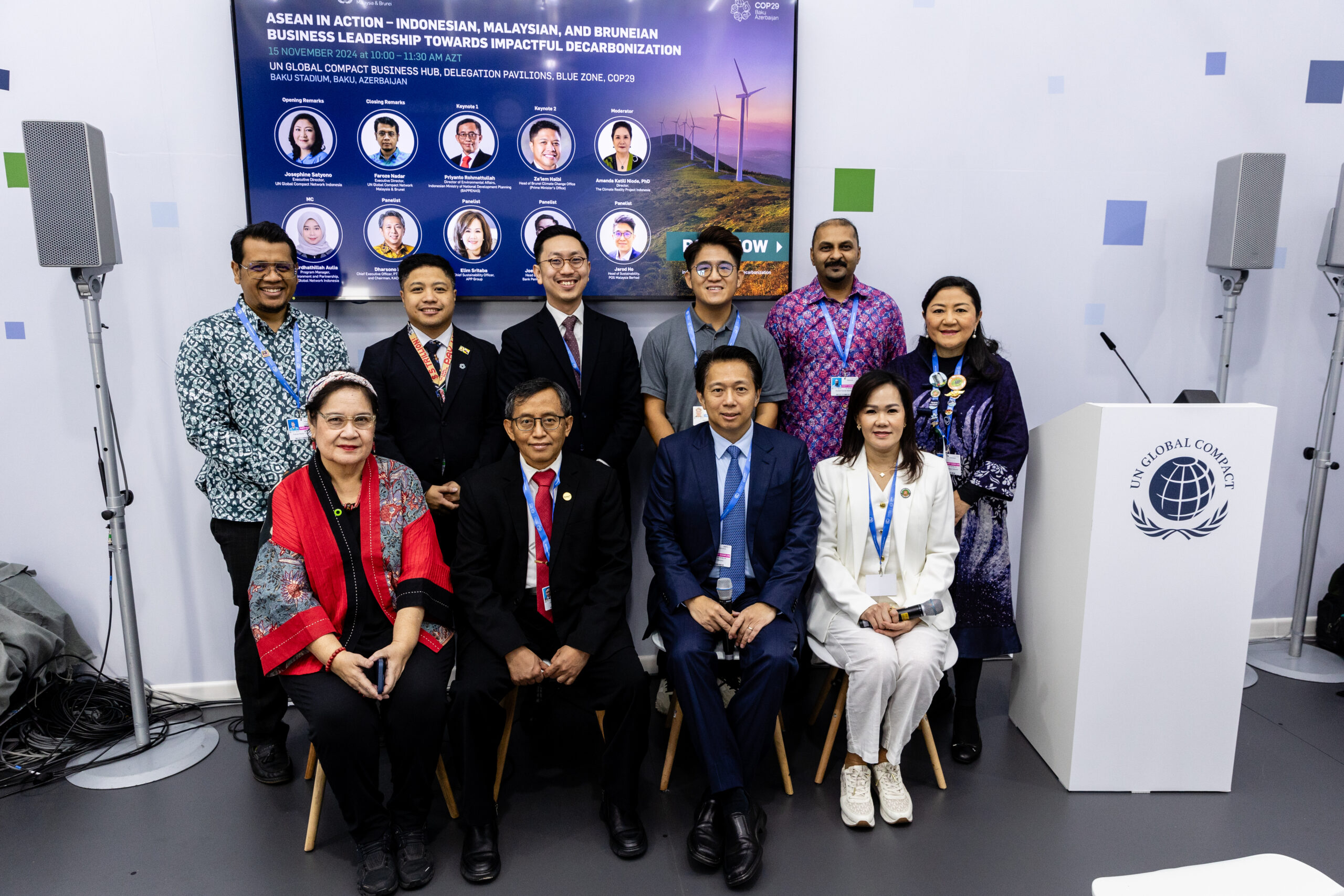Jakarta, December 5, 2024 – UN Global Compact Network Indonesia (IGCN), in collaboration with the Indonesia Stock Exchange (IDX) organized the Responsible Business Forum 2024, with the theme “Leadership Beyond Compliance: Creating Value through Integrity”. The event was part of the commemoration of International Anti-Corruption Day, underscoring the critical role of ethical business practices in achieving long-term sustainability.
“Integrity is not just a moral imperative; it is a business advantage. Companies that lead with values outperform their peers in resilience, trust, and innovation.”
This sentiment was echoed at the Responsible Business Forum 2024, where it was encouraged that companies implement robust governance and anti-corruption measures to experience improved operational efficiency and stronger stakeholder trust. The forum underscored the critical role of ethical business practices in achieving long-term sustainability.

Held on Thursday, December 5, 2024, at the Main Hall of Indonesia Stock Exchange Building, Jakarta, the forum began with opening remarks from Risa E. Rustam, Director of Finance, Human Resources, and General Affairs at IDX, and Y. W. Junardy, President of IGCN. In her speech, Risa E. Rustam emphasized that the business framework must provide a roadmap for private sector engagement, highlighting how businesses can contribute to peace, justice, and the implementation of integrity. “These pillars form the foundation for businesses to thrive and meaningfully support sustainable development. Achieving these goals requires more than just a vision; it demands decisive action, especially starting with leadership based on integrity,” she stated.
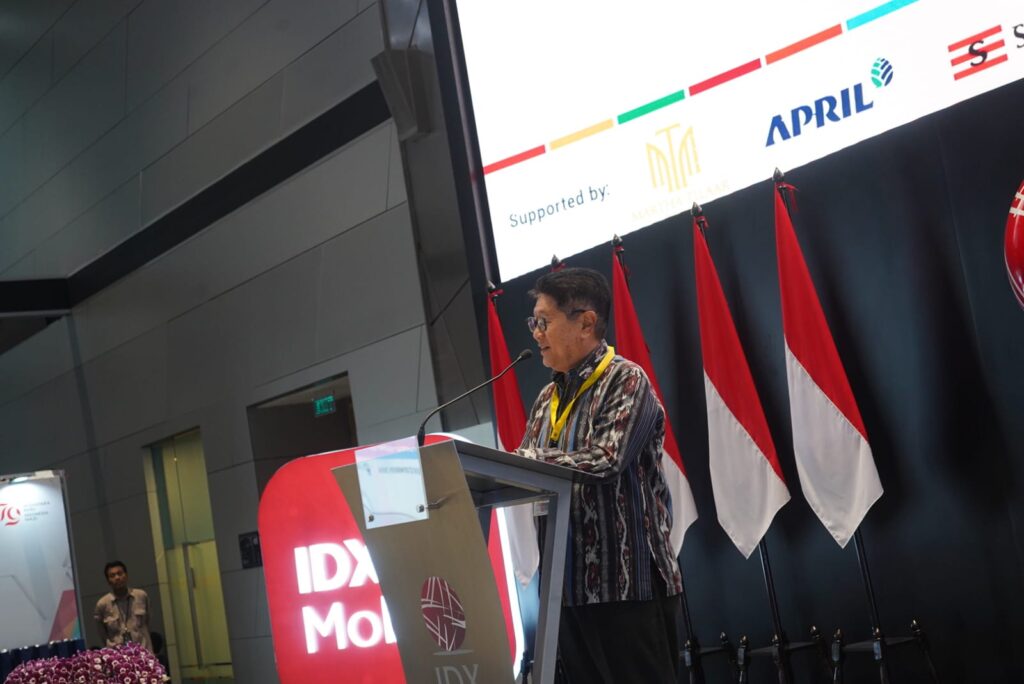
In line with Risa E. Rustam, Y.W. Junardy stressed the importance of leadership based on integrity. “Leadership should not only focus on profit but also on well-being, inclusion, and sustainability. Transformational leadership must create value through integrity, with tangible actions to accelerate the achievement of environmental sustainability goals, inclusive business practices, and the rights of all Indonesian citizens. Values such as anti-corruption, gender equality, and environmental protection must be part of the DNA of organizations to achieve justice and the preservation of nature. Integrating these values is an advantage that should be leveraged to foster collaboration and positive change,” he added.
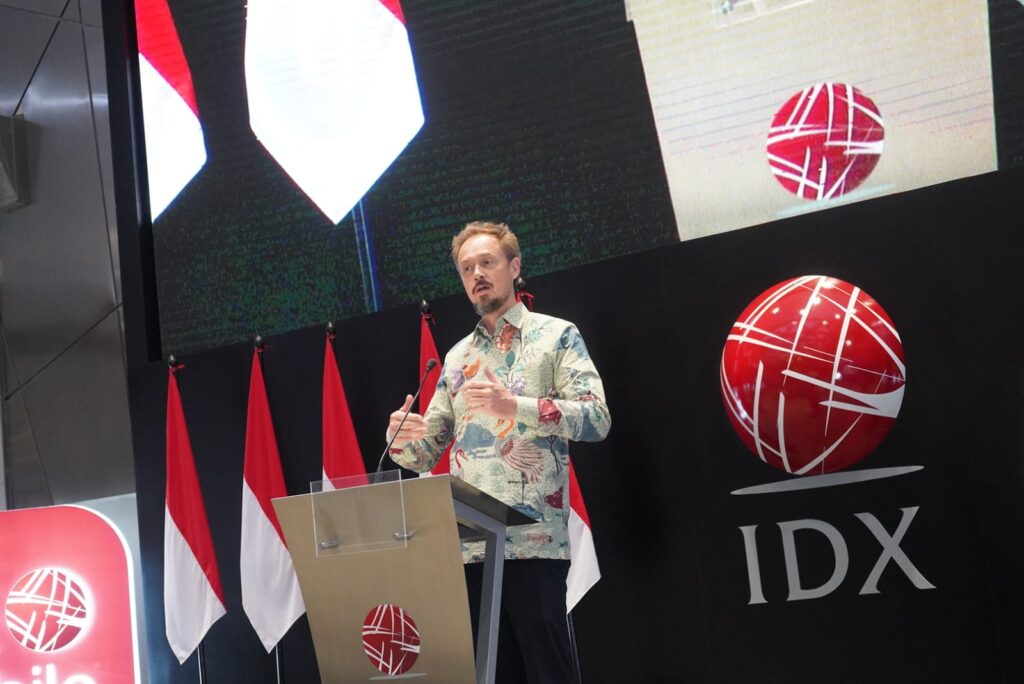
Erik van der Veen, Head of Office, United Nations Office on Drugs and Crime (UNODC) Indonesia, further emphasized the context of collaboration, stating that UNODC supports countries in promoting integrity, accountability, and transparency as part of the United Nations Convention Against Corruption (UNCAC), and calls for the involvement of various stakeholders, including youth, who play a crucial role in shaping the future. “We must consider funding anti-corruption campaigns led by the youth, inviting their ideas, and harnessing their positive energy in the fight against corruption, making every day Anti-Corruption Day,” he said.
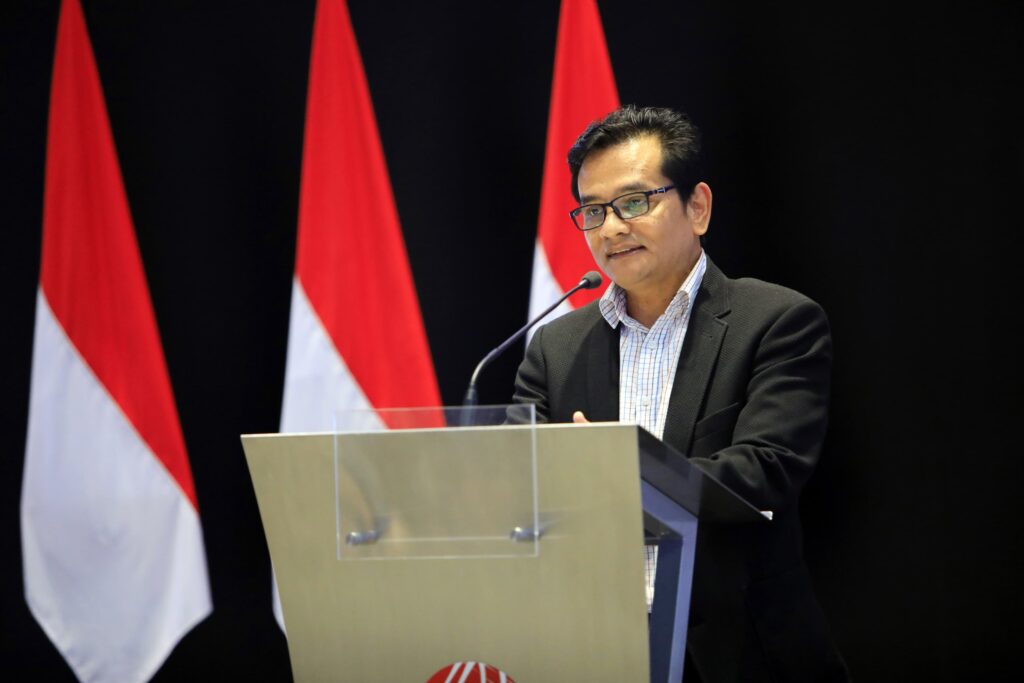
In alignment with the topic of collaboration, Setyo Budiantoro, Manager of the Economic Development Pillar at the SDGs National Secretariat, representing Mrs. Vivi Yulaswati, Deputy for Maritime Affairs and Natural Resources, Bappenas, emphasized the important role of business in supporting the government in implementing the SDGs. Indonesia has demonstrated a strong commitment to implementing the SDGs, achieving 62.5% in 2023. “By continuing efforts to accelerate global sustainability and combat corruption, Indonesia must ensure transparent governance as a key driver of economic growth. Moreover, through this forum, every business sector and government is working together to take collective action to accelerate progress toward a sustainable future,” he explained.
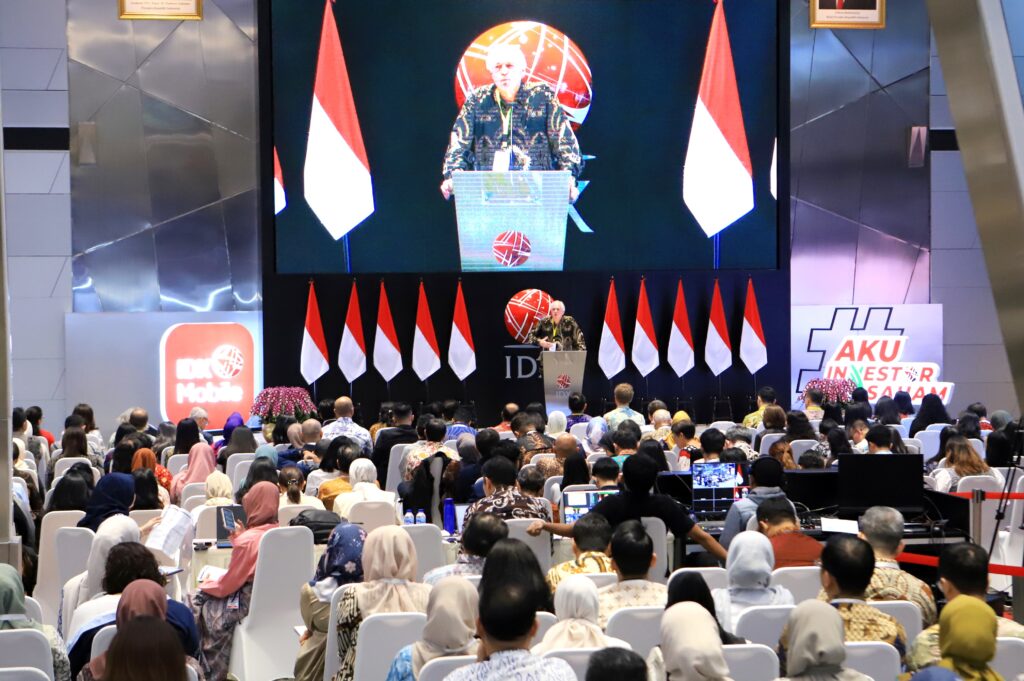
This was further reinforced by Paul Polman, Business Leader, Campaigner, Co-Author of Net Positive, and Former Vice Chair of UN Global Compact, who emphasized the importance of implementing these efforts with clear principles and concrete actions. “We must accelerate implementation with the tools and knowledge we already have, focusing on the UN Global Compact principles, as well as partnerships and peace as the foundation for achieving the Sustainable Development Goals.” Paul also emphasized the critical need for businesses to take immediate and decisive action in fostering ethical leadership and robust anti-corruption practices. He highlighted the importance of starting from within, urging leaders to “organize your own house in order,” a principle he often refers to as OHIO. This entails setting high standards for themselves and their organizations by leading with integrity, implementing rigorous assessments of corruption risks, embedding strong policies and procedures, and ensuring transparency through comprehensive reporting frameworks. Paul concluded by stressing that the time for discussion has passed; the urgency of the moment calls for action, not words, to drive meaningful change.
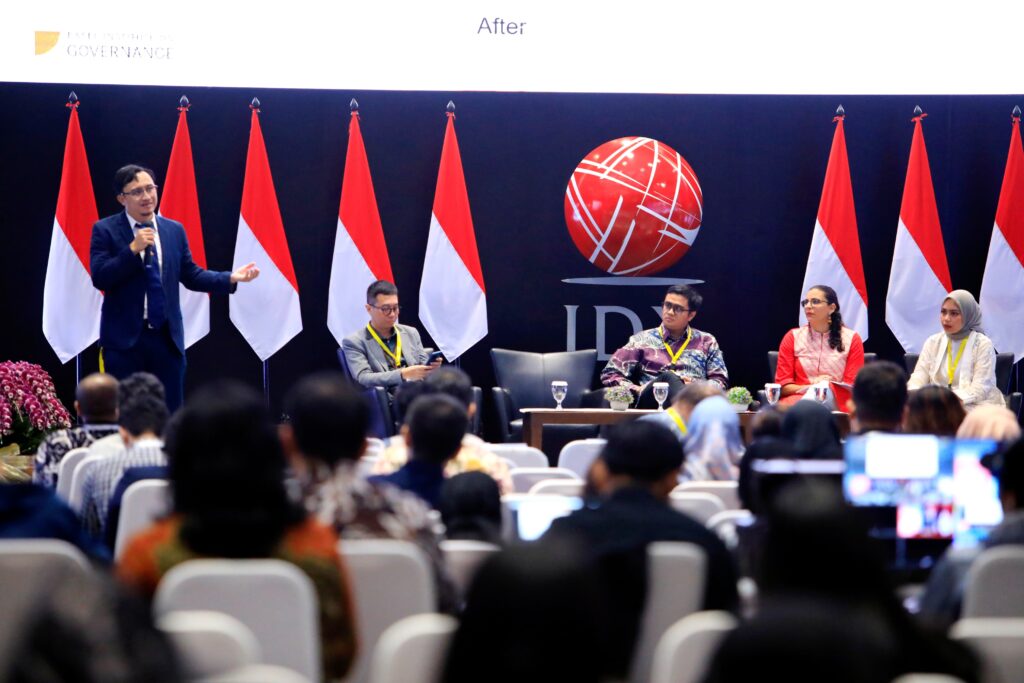
The Responsible Business Forum 2024 featured a diverse range of speakers and experts from various sectors, offering valuable insights on integrity and anti-corruption in business. The event was structured into four plenary sessions: 1) SDG 16 Business Framework – “G” part of the ESG of Public Listed Companies; 2) Integrity Talk: Elevating Business Resilience through Ethical Leadership and Transparency; 3) Reflecting on Collective Action: What Works—and What Doesn’t—in Anti-Corruption Efforts; and 4) Insights and Strategies for Transformational Governance. These sessions focused on advancing the core theme of the forum: leadership beyond compliance.
IGCN partnered with IDX, Sustainalytics, and Boston Consulting Group (BCG), released a report titled “Measuring Indonesian Companies’ Progress in SDG 16: Peace, Justice, and Strong Institutions within the ESG Risk Reporting Framework”. This study builds on the SDG 16 Business Framework program, which IGCN has been conducting since 2022 in collaboration with IDX, Bappenas, and GRI. With promising results from this year’s analysis, we are committed to continuing and further advancing this agenda moving forward.

The report reveals that companies participating in IGCN’s SDG 16 programming demonstrated stronger ESG risk management scores compared to non-participants. It also found that companies with higher ESG risk ratings tend to invest more effort in achieving sustainability. While correlation doesn’t necessarily imply causation, the findings highlight the importance of platforms like IGCN in fostering transparency and shared learning, which can drive impactful strategies aligned with SDG 16. This research also lays the foundation for future analyses to track sustainability trends and patterns, with a focus on practices that drive stronger governance and transparency in businesses.
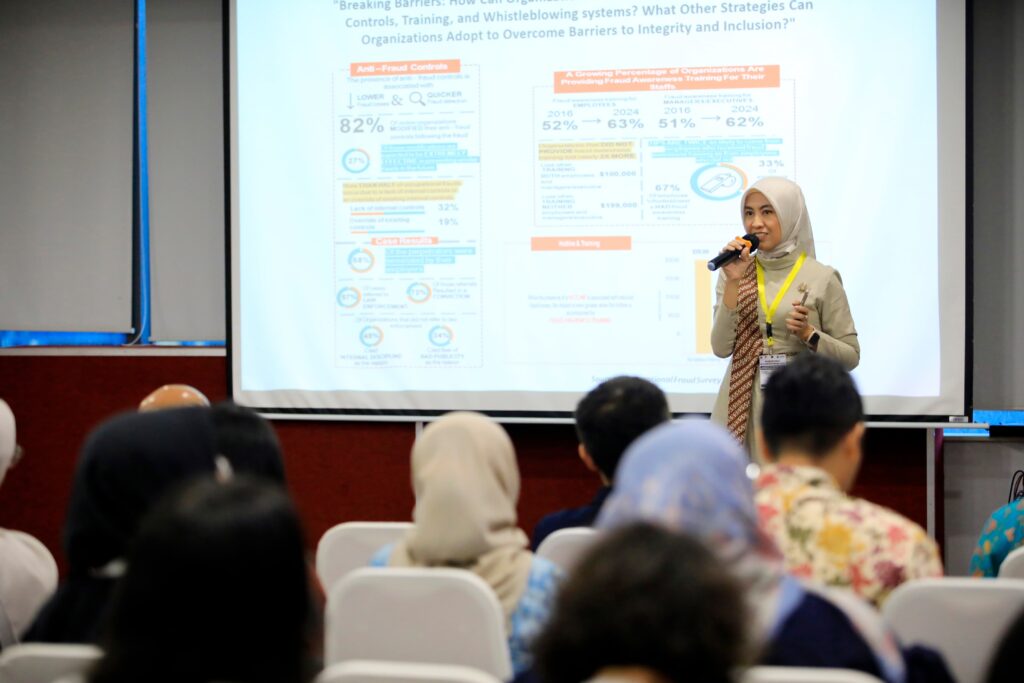
Additionally, three breakout sessions explored practical solutions, including: 1) Governance-Driven Climate Action for Business Sustainability: Moving Beyond Compliance; 2) Building Inclusive and Corruption-Free Workplaces: Best Practices and Challenges; and 3) Unlocking the Transformational Governance Framework for Sustainable Business Practices. These sessions provided an interactive platform for participants to engage in discussions and exchange ideas on fostering more responsible, transparent, and sustainable business practices.
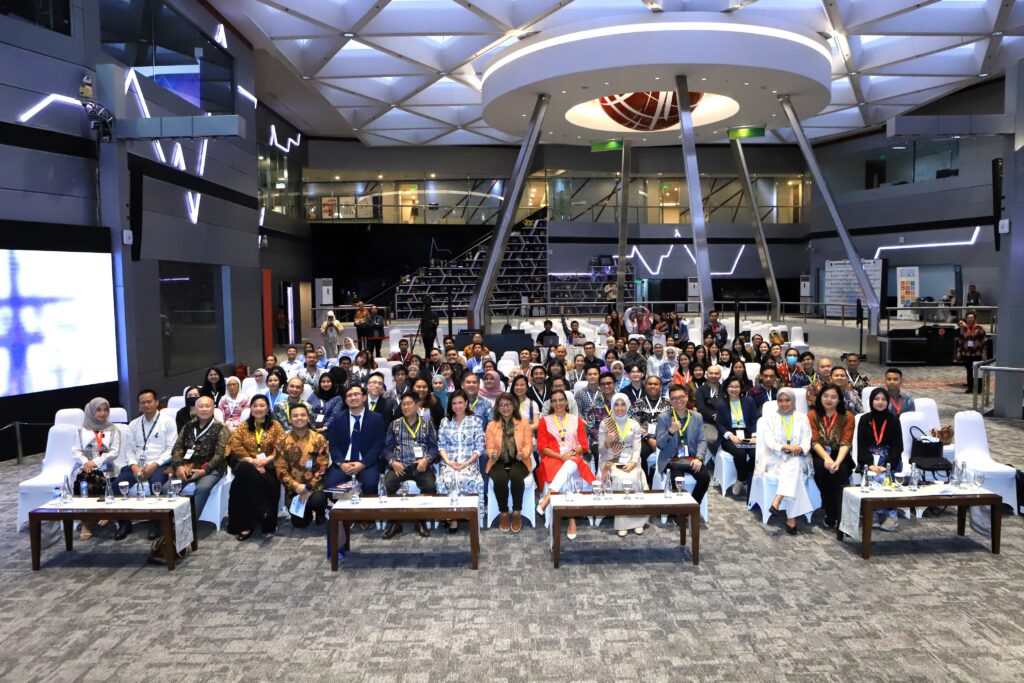
The forum was attended by more than 250 participants from various industry sectors, with the expectation of renewed commitment to align their business practices with these essential principles for a more sustainable and transparent future. The event highlighted the importance of the Call-to-Action from Business—signed by 500 companies from 91 countries, including 18 companies from Indonesia—urging Governments to strengthen policies and legal frameworks that promote business integrity. Building on this foundation, discussions focused on fostering collective action through public-private partnerships, strengthening governance systems, and leveraging technology and ethical leadership.


